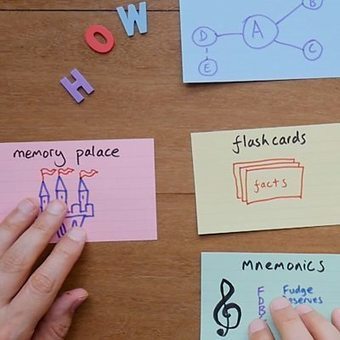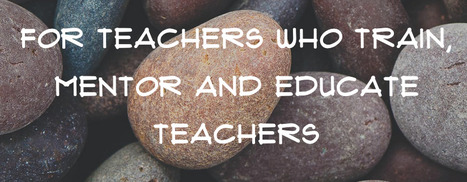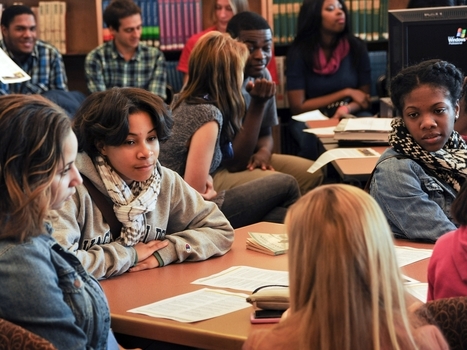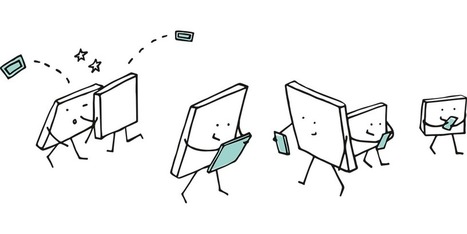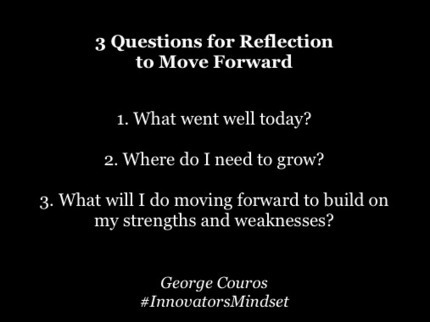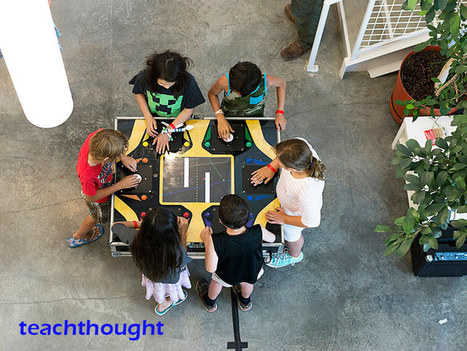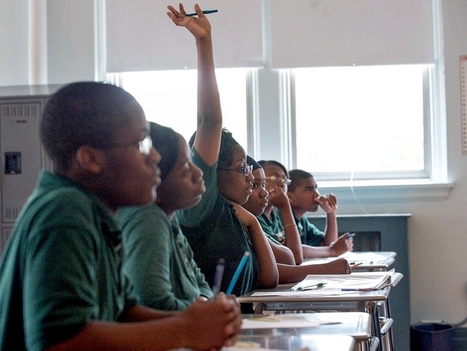hink back to your time as a student. How did you experience feedback from your own instructors? Did reading their comments on your work bring moments of elation? Pride? Disappointment? Bewilderment? Do you still have a visceral reaction to a lot of red ink?
Feedback can be a powerful force in college classrooms, and there are ways to make the experience of providing and receiving it even stronger. That’s especially important as students continue to report dissatisfaction with the feedback they get on assignments and tests — calling it vague, discouraging, and/or late.



 Your new post is loading...
Your new post is loading...





